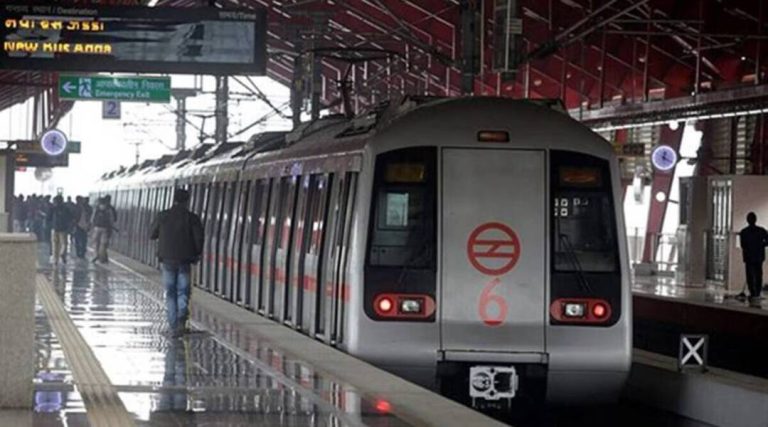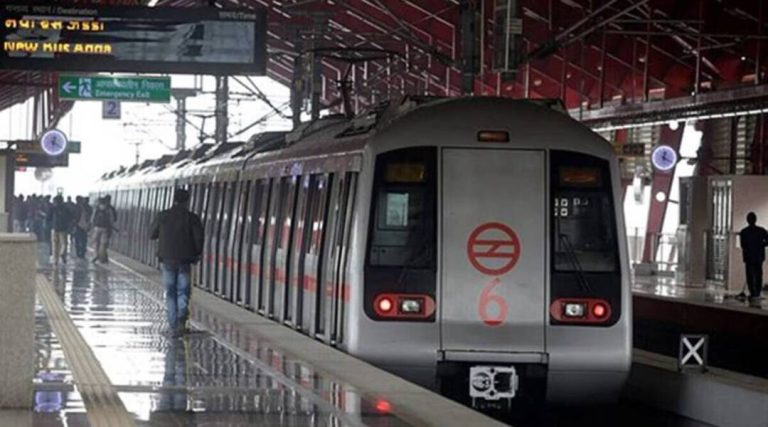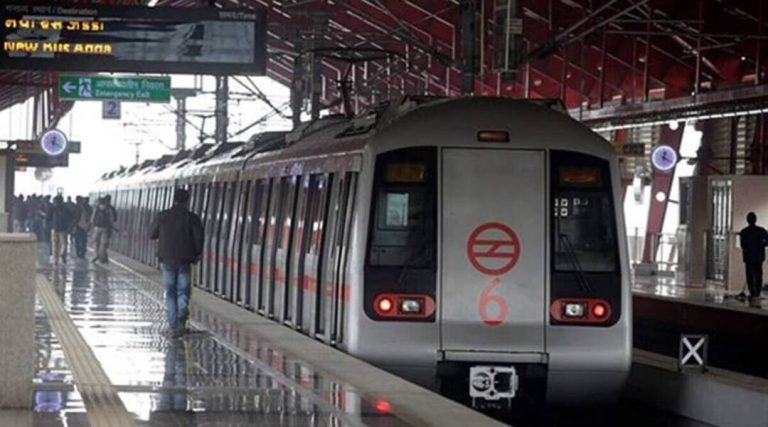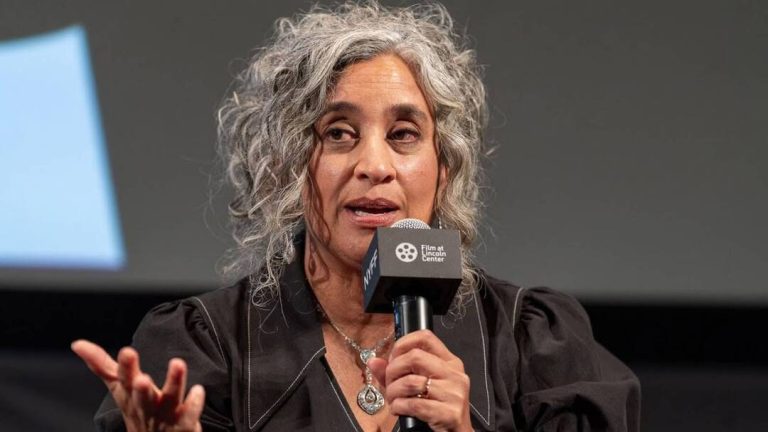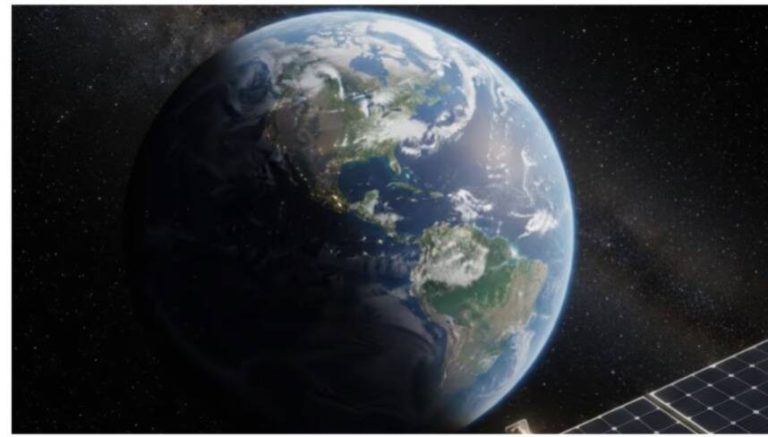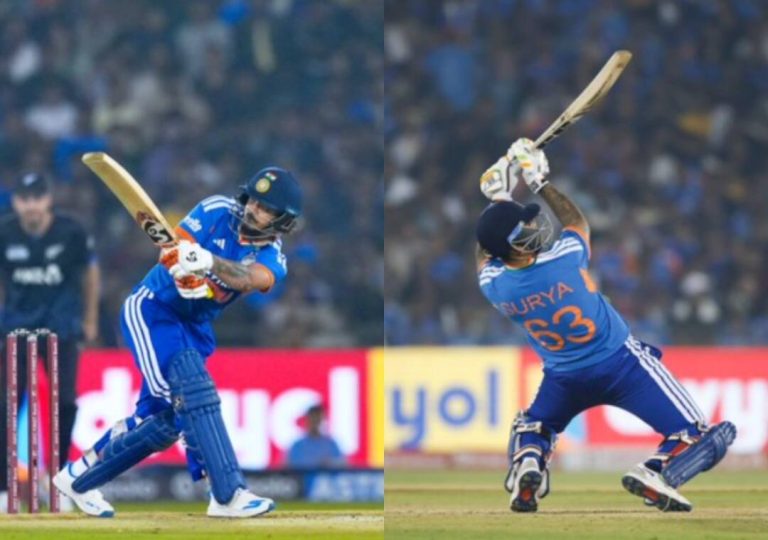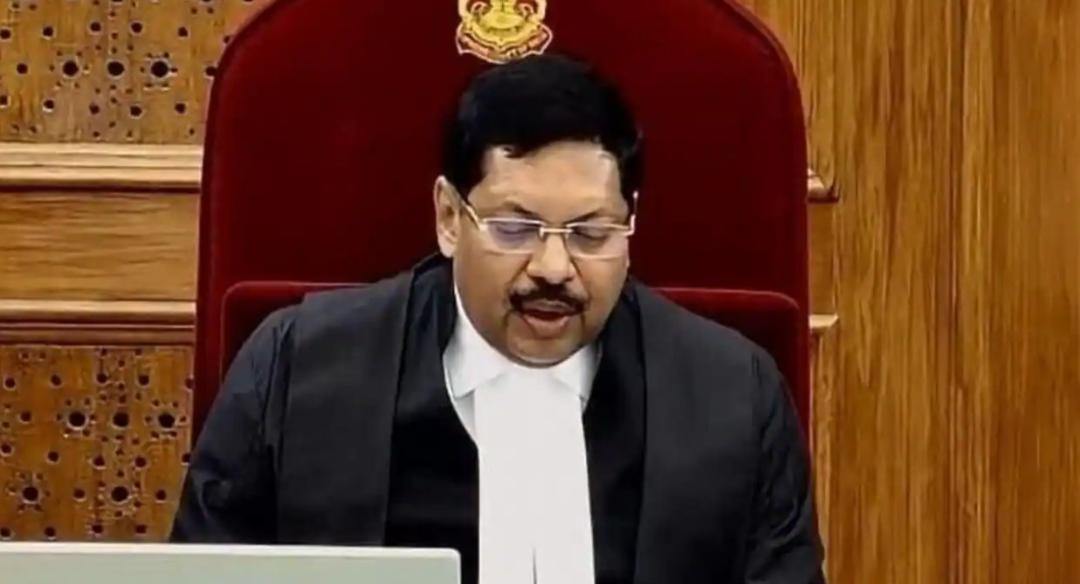
Passing ‘bulldozer order’ was my most important one: CJI Gavai
As the Chief Justice of India (CJI) BR Gavai prepares to retire on November 23, he has reflected on his tenure and highlighted one of his most significant judgments. In a recent statement, CJI Gavai called his judgment against “bulldozer justice” as his most important one. This judgment, which has far-reaching implications for the protection of human rights and the rule of law, has been hailed as a landmark decision in the Indian judiciary.
The concept of “bulldozer justice” refers to the practice of demolishing the homes of individuals accused or convicted of crimes, often without due process or adequate notice. This practice has been criticized for being arbitrary, disproportionate, and in violation of human rights. CJI Gavai’s judgment, which was delivered in response to a petition challenging the demolition of homes in a particular state, has sent a clear message that such practices will not be tolerated in India.
“How can a house be demolished just because a person is accused of a crime or convicted of it?” CJI Gavai asked, emphasizing the importance of upholding the principles of justice and fairness. “The demolition of a house is a drastic measure that can have severe consequences for the affected individuals and their families. It is essential that such actions are taken only after following due process and ensuring that the rights of all parties involved are protected.”
CJI Gavai’s judgment has been welcomed by human rights activists and lawyers, who have long argued that “bulldozer justice” is a violation of the right to housing and the right to a fair trial. The judgment has also been seen as a significant step forward in the protection of human rights in India, where the rule of law is often under threat.
The judgment is also significant because it highlights the importance of judicial independence and the role of the judiciary in protecting human rights. CJI Gavai’s decision demonstrates that the judiciary is committed to upholding the Constitution and ensuring that the rights of all citizens are protected.
As CJI Gavai prepares to retire, his legacy will be remembered for his commitment to upholding the principles of justice and fairness. His judgment against “bulldozer justice” will be seen as a landmark decision that has helped to protect human rights and promote the rule of law in India.
CJI Gavai will be succeeded by CJI-designate Justice Surya Kant, who will take over as the new Chief Justice of India on November 24. Justice Kant has a reputation for being a strong advocate for human rights and the rule of law, and it is expected that he will continue to build on the legacy of CJI Gavai.
In conclusion, CJI Gavai’s judgment against “bulldozer justice” is a significant decision that has far-reaching implications for the protection of human rights and the rule of law in India. The judgment demonstrates the importance of judicial independence and the role of the judiciary in protecting human rights. As CJI Gavai prepares to retire, his legacy will be remembered for his commitment to upholding the principles of justice and fairness.
The retirement of CJI Gavai and the appointment of Justice Kant as the new Chief Justice of India mark an important transition in the Indian judiciary. It is expected that Justice Kant will continue to build on the legacy of CJI Gavai and promote the rule of law and human rights in India.
The Indian judiciary has played a crucial role in protecting human rights and promoting the rule of law in the country. The judgments delivered by the Supreme Court and the High Courts have helped to shape the legal landscape of India and have had a significant impact on the lives of citizens.
The concept of “bulldozer justice” is not new in India, and it has been criticized by human rights activists and lawyers for being arbitrary and disproportionate. The practice of demolishing homes without due process or adequate notice has been seen as a violation of human rights and the rule of law.
CJI Gavai’s judgment against “bulldozer justice” has been hailed as a landmark decision that has helped to protect human rights and promote the rule of law in India. The judgment has sent a clear message that such practices will not be tolerated in India and that the judiciary will continue to play a crucial role in protecting human rights and promoting the rule of law.
In the coming years, it is expected that the Indian judiciary will continue to play a vital role in protecting human rights and promoting the rule of law in India. The appointment of Justice Kant as the new Chief Justice of India is seen as a positive development, and it is expected that he will continue to build on the legacy of CJI Gavai and promote the rule of law and human rights in India.
In the end, the judgment against “bulldozer justice” will be remembered as a significant decision that has helped to protect human rights and promote the rule of law in India. The judgment demonstrates the importance of judicial independence and the role of the judiciary in protecting human rights.
News Source: https://www.newsbytesapp.com/news/india/order-against-bulldozer-justice-was-my-most-important-cji-gavai/story
